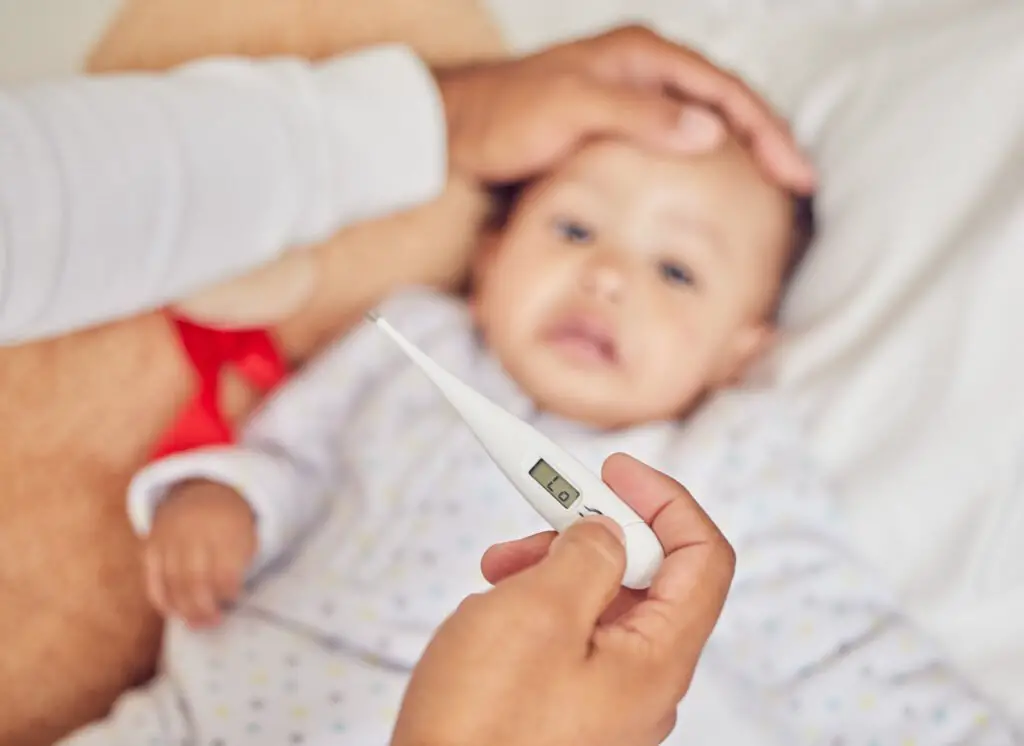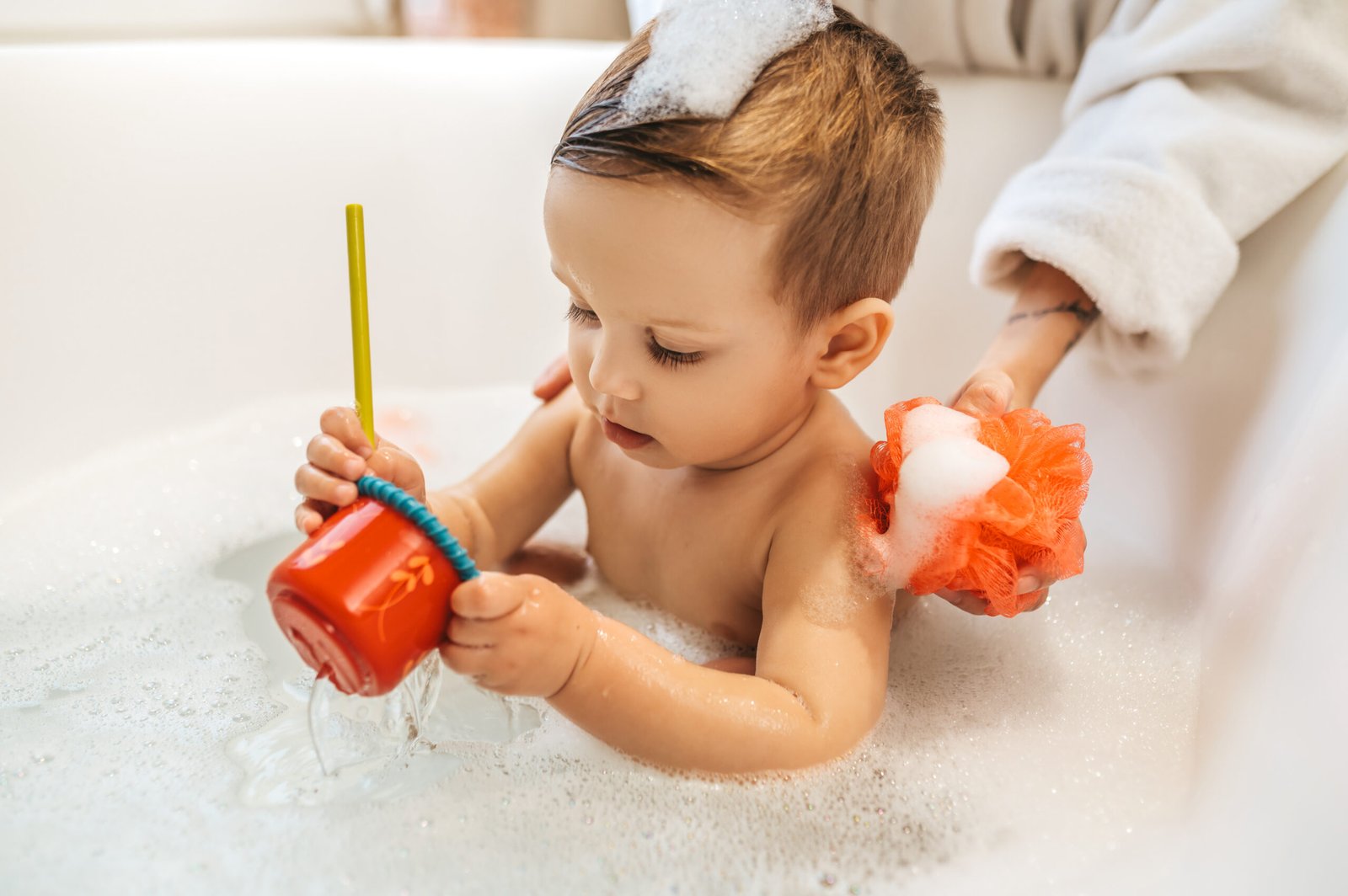As a mother, I understand parents’ concern about their babies’ health, including why they sweat. Let’s explore the reasons behind sweating in babies and offer practical tips for managing excessive sweating.
[toc]
Key Takeaways
- Learn why babies sweat more frequently than adults.
- Understand the causes of cold sweating in babies.
- Explore preventive measures for excessive sweating in infants.
The Physiology of Sweating in Babies
- Sweating helps maintain a constant body temperature and is a natural body cooling system.
- Babies, especially newborns, tend to sweat more to regulate their body temperature as they have a higher density of sweat glands than adults.
- Increased sweating can be observed in babies’ palms, heads, and necks.

Causes of Cold Sweating in Infants
- Cold sweating in babies can result from excessive physical activity, nasal congestion during breastfeeding, and environmental factors like overdressing in a cool environment.
- Cold sweat is generally not a concern, but persistent cold sweating, especially on the forehead, may warrant a medical evaluation for heart rate monitoring.
Addressing Night Sweating Concerns
- Night sweating in babies is usually a normal phenomenon.
- Common causes include Vitamin D and iron deficiencies, exertion during feeding, or constipation.
- Consistent head sweating may require a pediatric consultation.
Preventive Measures and Treatments for Baby Sweating
Managing Night Sweats
- While night sweats in babies are not directly treatable, underlying causes, if any, can be identified and addressed.
- Ensuring your baby wears 100% cotton clothes that allow air circulation can help reduce sweating.
- Regularly ventilating the baby’s room promotes healthier breathing habits.
Tips for a Comfortable Sleep Environment
- Maintain the room temperature around 23-24 degrees Celsius to prevent overheating and excessive sweating.
- Watch for discomfort or restlessness, indicating that the baby might be too warm.

